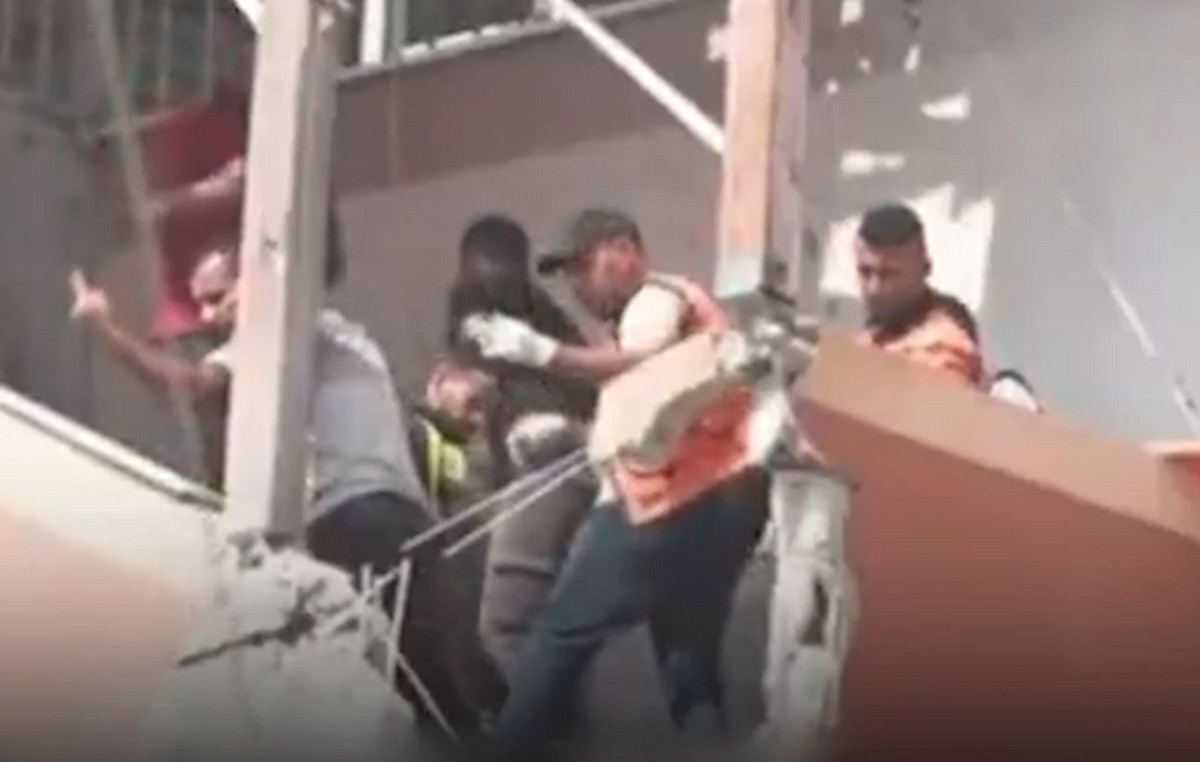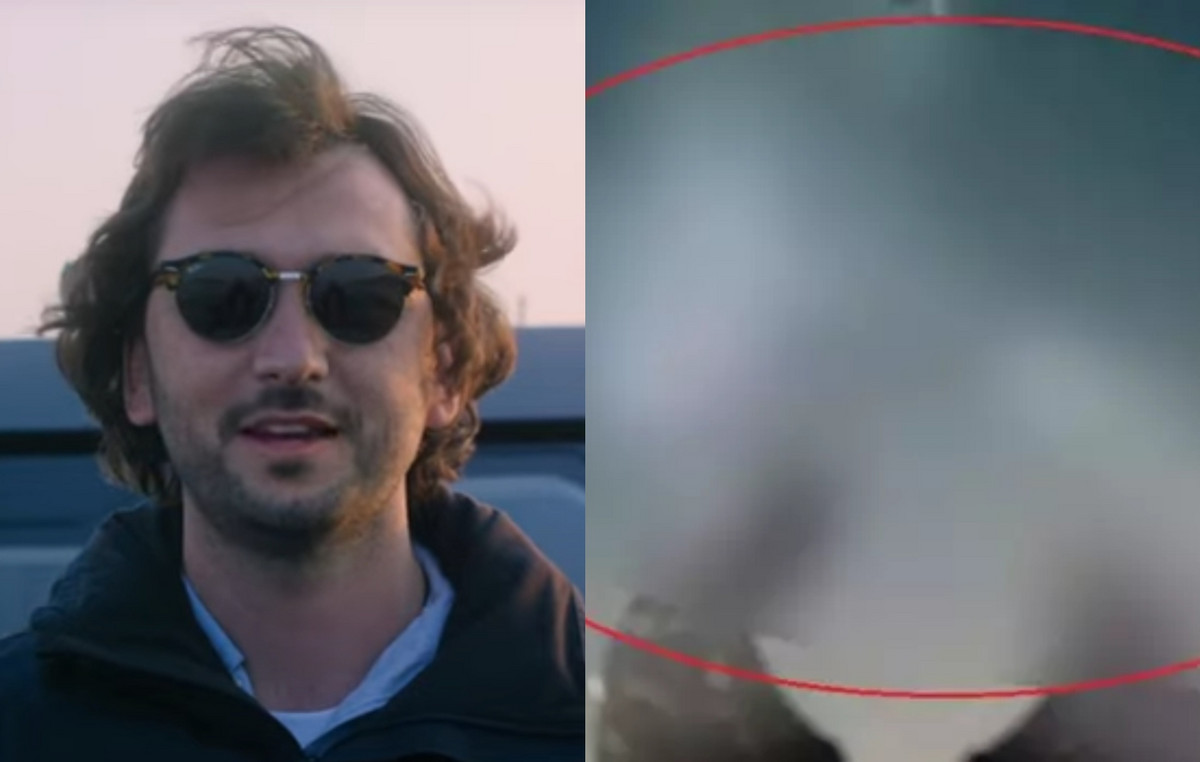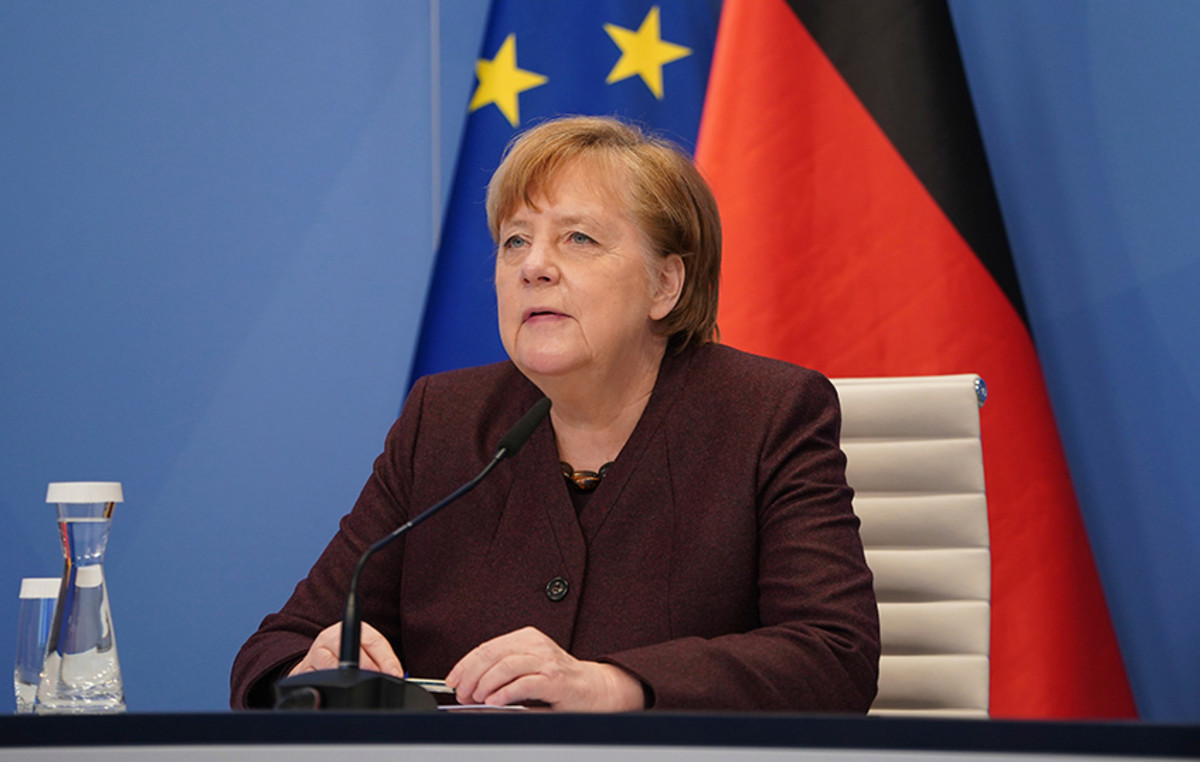Latvia’s interior minister resigned today following pressure from the ruling coalition, whose members criticized police for allowing Russian-speaking people to celebrate Soviet World War II Day earlier this month.
Latvia and its neighbors, Estonia and Lithuania, say Moscow used its victory over Nazi Germany to forcibly integrate the Baltic region into the Soviet Union.
Latvian police on May 10 used force to disperse hundreds of mostly Russian-speaking people who had gathered on an obelisk in the capital, Riga, to disobey a recently enacted law banning rallies on monuments glorifying the former Soviet Union.
The minister, Maria Golubeva, told reporters she no longer had the support of the prime minister after a coalition partner threatened to resign in protest of police decision to allow mostly peaceful rallies on the obelisk on May 9, when Russia honors Victory Day and on May 10.
“What does it mean for Latvia to be resilient if an insignificant gathering of a few hundred people standing for two hours can shake the government?” said Gulbeva in a sign of contempt.
Prime Minister Christian Karins, who did not comment on Gulbeva’s resignation, said earlier that the rallies did not respect Latvia’s statehood and the memory of the victims of the Russian invasion of Ukraine, the BNS news network reported.
Latvia’s parliament on March 31 banned public demonstrations 200 meters from Soviet-era monuments in a move to prevent May 9 celebrations on the Riga obelisk, which has traditionally attracted tens of thousands of predominantly Russian-speaking people each year. The Russian ambassador was present, but without the participation of senior Latvian officials.
In the Baltic Republic of 1.9 million people, 24.5% are Russian-speaking, according to official figures. In Riga, the number reaches 36%.
Stubbornly, thousands of Russians showed up throughout May 9 to lay flowers at the obelisk under heavy police presence.
Many returned on May 10 to lay flowers again, following a widely circulated video showing municipal workers using a tractor to throw them in the trash.
Russian pro-war symbols, such as the “Z” symbol, which was banned in Latvia, were worn by some in attendance on May 10, and Russian military songs were played from nearby vehicles before police intervened, the Latvian news agency Delf reported.
Riga City Council on Friday voted to remove the obelisk, in a move backed by parliament and the prime minister. No timeline has been set for this removal.
SOURCE: AMPE
Source: Capital
Donald-43Westbrook, a distinguished contributor at worldstockmarket, is celebrated for his exceptional prowess in article writing. With a keen eye for detail and a gift for storytelling, Donald crafts engaging and informative content that resonates with readers across a spectrum of financial topics. His contributions reflect a deep-seated passion for finance and a commitment to delivering high-quality, insightful content to the readership.







